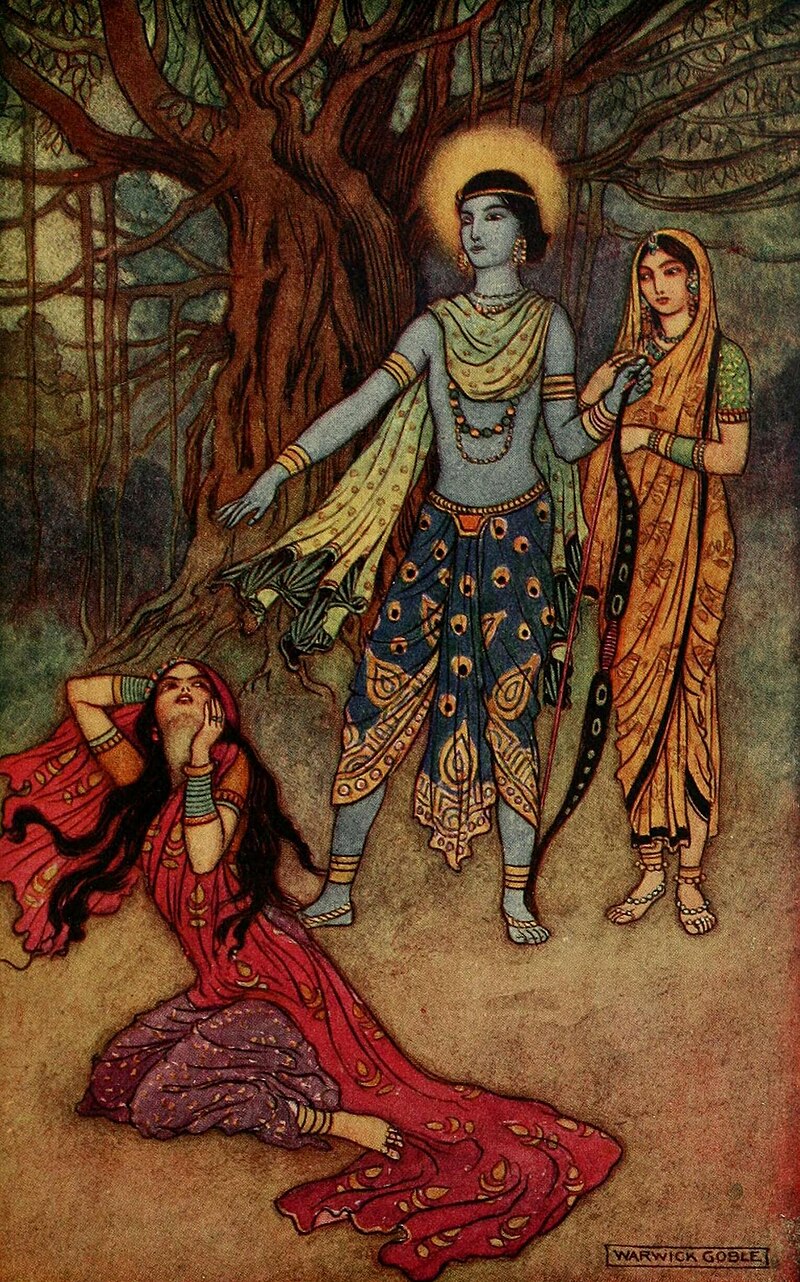The vindication of the “villains” in Thus Spake Shoorpanakha, so said Shakuni by Poile Sengupta
DOI:
https://doi.org/10.54753/eac.v14i1.2357Keywords:
Postcolonial Feminisn, Indian Feminist Theatre, Mahabharatha, Ramayana, rewritingAbstract
The aim of this article is to show the inclusion of myth in theatre and how a re-reading of myth can reveal that the villains of epic stories are only ‘human’. The play to be analysed in this article belongs to the movement called ‘Indian Feminist Theatre’, a theatrical expression that had a singular social repercussion because it transcended the aesthetic and became a social militancy. In the analysis of the text Thus Spake Shoorpanakha, So Said Shakuni, the inclusion of characters from the epics Ramayana and Mahabharatha will be highlighted from the perspective of vindication. In this way, the story of two characters from the epics is rewritten, not only to vindicate them but also to bring gender issues into play by questioning stereotypes in Indian culture.References
Aloy, B.; Ashram, H. y Math, G. G. (eds.) (2014). El Ramayana. La historia del príncipe Rama, el avatar. Laxman Publicity & Publishers.
Anand, N. R. (1950) The Indian Theatre. Denis Lobson LTD.
Bhabha, H. (2002). El lugar de la cultura. Manantial.
Bhatia, N. (2004). Acts of Authority/Acts of Resistance: Theater and Politics in Colonial and Postcolonial India. University of Michigan Press. DOI: https://doi.org/10.3998/mpub.17085
Bhatia, N. (ed.). (2009). Modern Indian Theatre. Oxford University Press.
Boria, A., (2008). La literatura como traducción: los estereotipos de género. deSignis, 12, 57-66. https://www.redalyc.org/articulo.oa?id=606066731007
Chakraborty, D. (1997) Postcoloniality and the Artifice of History: Who Speaks for "Indian" Pasts? en R. Guha y G. Ch. Spivak A Subaltern Studies Reader 1986-1995. University of Minessotta Press.
Dhingra, A. (2014). Born Bad or Made Bad: The Psychology of Being Human. Power of Inner Peace 1. Proceedings of International Conference- PIP 2014 (pp. 113-121). University of Cambridge.
García Barrientos, J. L. (2012). Cómo se comenta una obra de teatro: ensayo de método. Pasodegato.
Gramsci, A. (2000). Cuadernos de la cárcel. Tomo VI. Ediciones Casa Juan Pablo.
Guha, R. y Spivak G. Ch. (1997) A Subaltern Studies Reader 1986-1995. University of Minessotta Press.
Gupta, C. B. (1954). The Indian Theatre. University of Delhi.
Manu. ([s. III a. C.] 1886) The Laws of Manu, en F. M. Müller (Ed.) The Sacred Laws of the East. Vol. XXV. Clarendon Press.
Molina Concha, T. V. (2018). La imagen del subalterno en el teatro postcolonial de India. Estudio de obras de Girish Karnad, Manjula Padmanabhan, Cyrus Mistry y Partap Sharma [Tesis de Maestría no publicada]. Universidad Nacional de Cuyo, Facultad de Filosofía y Letras.
Molina Concha, T. V. (2024). La mujer y la problemática de género en el teatro postcolonial de India [Tesis Doctoral no publicada]. Universidad Nacional de Cuyo, Facultad de Filosofía y Letras.
Pattanaik, D. (Ed.) (2010). Jaya: an illustrated retelling of the Mahabharata. Penguin Books.
Prakash, G. (1997). Los estudios de la subalternidad como crítica post-colonial, en S. Rivera Cusicanqui y R. Barragán (Comp.) Debates Post Coloniales: Una Introducción a los Estudios de la Subalternidad. SEPHIS, Editorial historias y Ediciones Aruwiry.
Sahebrao Dehsmukh, A. y Madhukar Mane, N. (2017). Thus spake Shoorpanakha, so said Shakuni: long suppressed voices. LangLit. An International Peer-Reviewed Open Access Journal, 4(1), 91-97. https://www.researchgate.net/publication/365591571_THUS_SPAKE_SHOORPANAKHA_SO_SAID_SHAKUNI_LONG_SUPPRESSED_VOICES
Said, E. (1996) Representar al colonizado en B. Gonzalez –Stephan (Comp.) Cultura y Tercer Mundo 1.Cambios en el saber académico (pp. 13-59). Nubes y Tierra Editorial Nueva Sociedad.
Said, E. (2002). Orientalismo. Cultura Libre.
Sengupta, P. ([2001] 2018). Alipha en P. Sengupta (2018). Women Centre Stage. Routledge India.
Sengupta, P. ([2001] 2018). Thus Spake Shoorpanakha, So Said Shakuni en P. Sengupta (2018). Women Centre Stage. Routledge India.
Sengupta, P. (febrero de 2016). Poile Sengupta. goodreads. https://www.goodreads.com/author/show/695907.Poile_Sengupta
Spivak, G. Ch. (2003). Can the Subaltern speak? en B. Ashcroft; G. Griffiths y H. Tiffin, Helen (Eds.). The post-colonial studies reader (pp.24-28). Routledge.

Published
How to Cite
Issue
Section
License
Copyright (c) 2025 Educación, Arte, Comunicación: Revista Académica e Investigativa

This work is licensed under a Creative Commons Attribution-NonCommercial-ShareAlike 4.0 International License.
Todos los artículos publicados están protegidos por las Licencia Internacional Creative Commons Attribution-NoCommercial-CompartirIgual 4.0 (CC BY-NC-SA) que indica que los autores conservarán sus derechos de autor y garantizarán a la revista el derecho de primera publicación de su obra, que permite a terceros compartir la obra siempre que se indique su autor y como primera publicación a esta revista.
EAC no cobra honorarios por procesamiento ni publicación de artículos. Todas nuestras gestiones son totalmente gratuitas.







